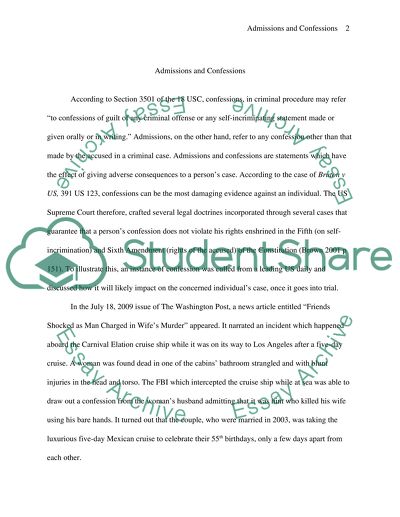Search Warrant Exceptions Essay Example | Topics and Well Written Essays - 500 words. Retrieved from https://studentshare.org/miscellaneous/1556345-search-warrant-exceptions
Search Warrant Exceptions Essay Example | Topics and Well Written Essays - 500 Words. https://studentshare.org/miscellaneous/1556345-search-warrant-exceptions.


